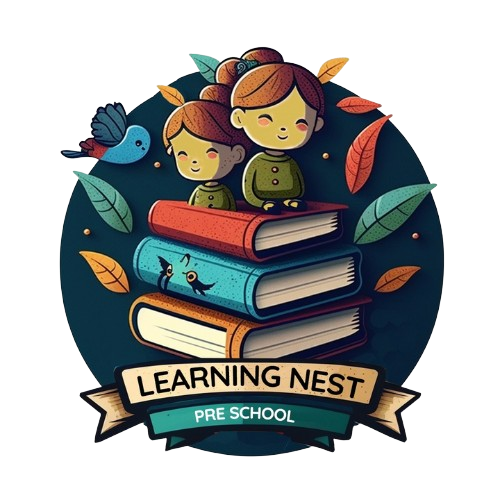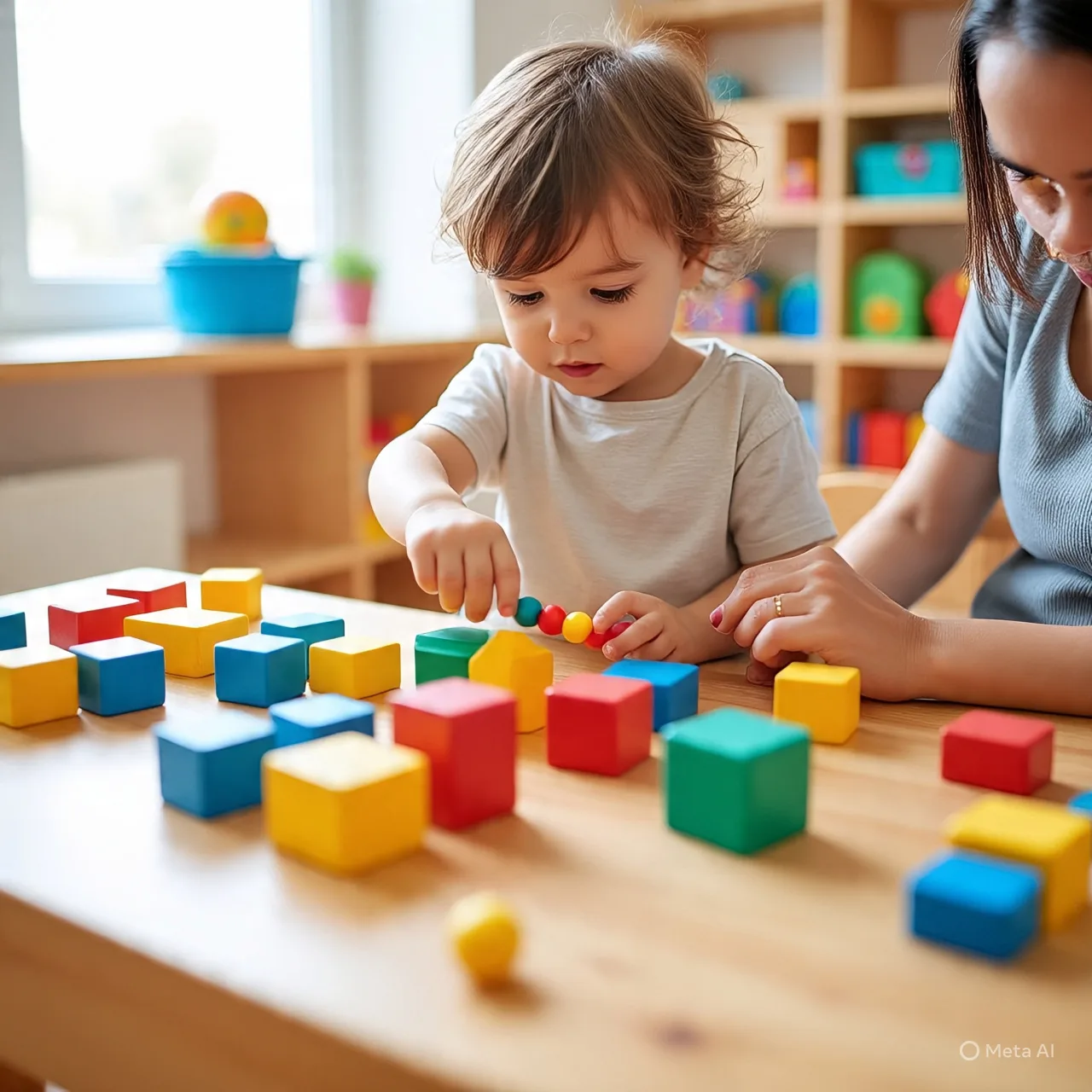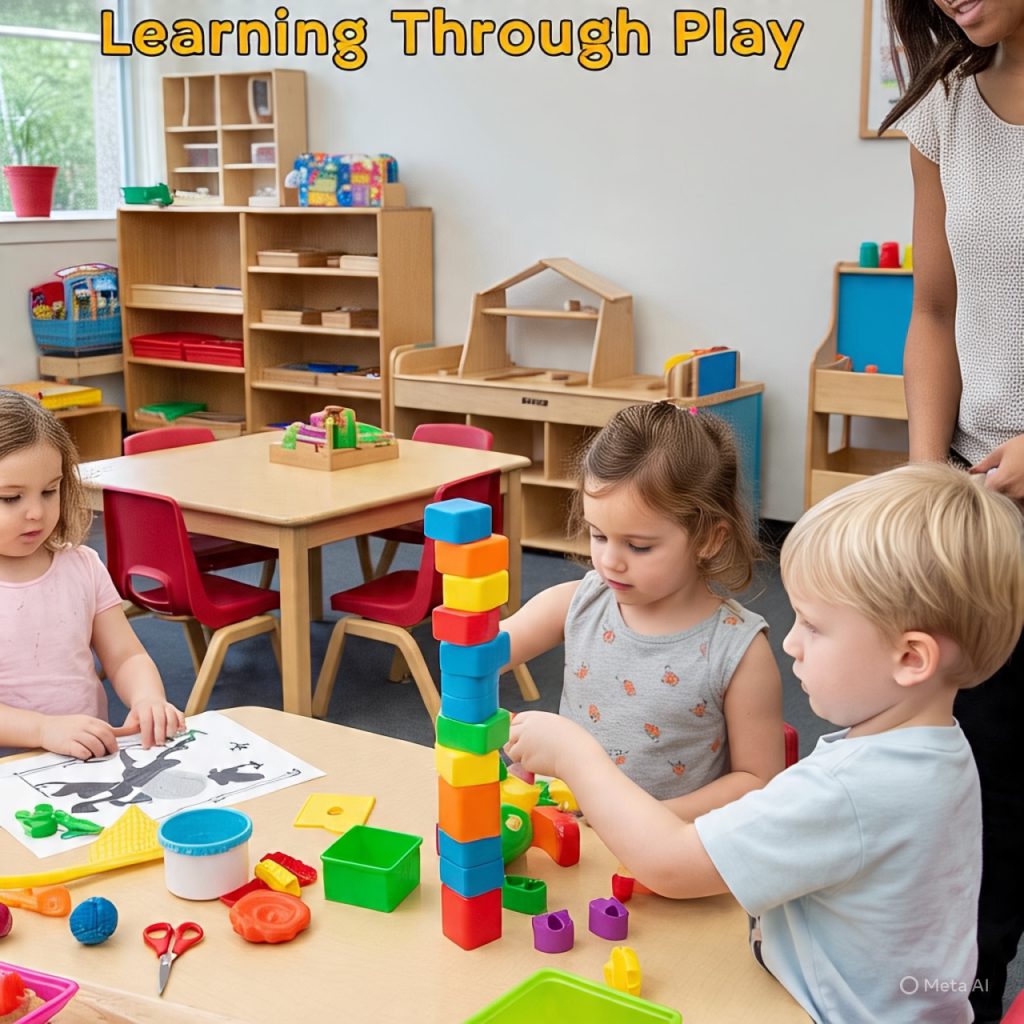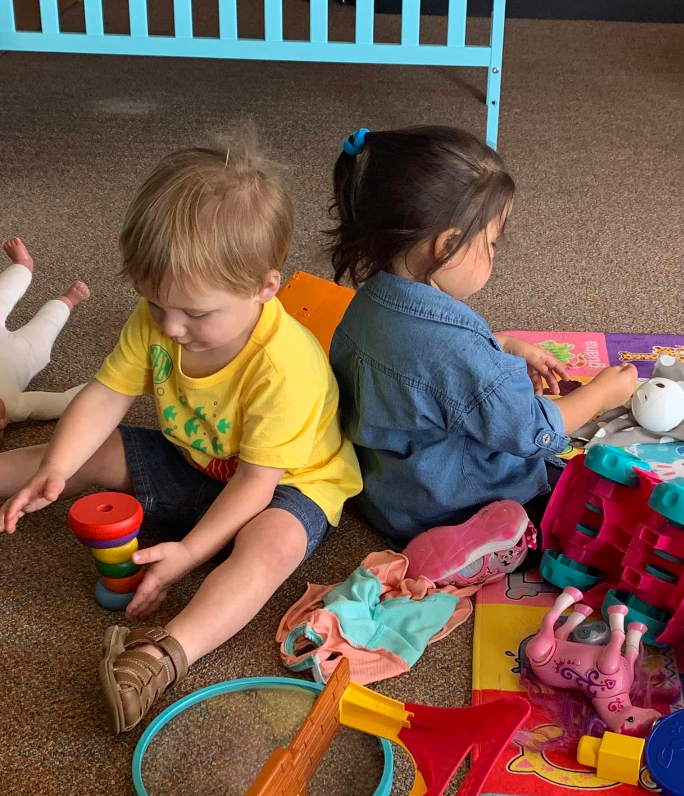Introduction
Math is all around us—from counting toys to noticing shapes in the playground. For preschoolers, math isn’t about worksheets or equations; it’s about discovery through play. At Learning Nest Preschool & Day Care, we use hands-on activities to build early math skills in fun, engaging ways, helping children see numbers as friends rather than challenges.
1. Why Early Math Matters
Strong early math skills set the stage for problem-solving, logical thinking, and academic success. Skills like counting, sorting, recognizing patterns, and understanding shapes prepare children not only for kindergarten but also for real-life problem-solving.
2. Counting Through Everyday Play
Children naturally learn numbers when counting toys, snacks, or steps on the playground. Singing counting songs or playing “How many blocks can we stack?” makes numbers a natural part of daily life. At Learning Nest, teachers weave counting games into activities so children practice math without even realizing it.
3. Sorting and Matching Skills
Preschoolers love organizing things—whether it’s toy cars, building blocks, or crayons. Sorting by size, shape, or color builds classification skills, an important foundation for math and science. These simple tasks also teach attention to detail and logical thinking.
4. Recognizing Shapes and Patterns
Circles, triangles, and squares are everywhere! Through puzzles, art projects, or outdoor hunts, children learn to identify and name shapes. Repeating designs with beads or blocks introduces them to patterns, which later help with reading, math, and problem-solving.
5. Math in Pretend Play
A pretend grocery store or kitchen can turn into a math-rich environment. Children “buy” items, measure ingredients, or compare quantities. These activities develop real-world problem-solving skills while making learning interactive and fun.
6. How Parents Can Encourage Math at Home
- Count everyday objects like stairs or fruit.
- Involve children in cooking to measure and mix.
- Play board games that involve numbers or dice.
- Encourage shape hunts around the house or neighborhood.
These activities show children that math is useful in everyday life—not just in school.
Conclusion & Call to Action
Early math learning doesn’t have to be complicated—it can be joyful, playful, and part of everyday routines. At Learning Nest Preschool & Day Care, we help children explore numbers, shapes, and patterns through engaging play-based activities. Want to see how your child can build a love for math from the start? Schedule a visit today and experience how we make learning numbers fun and meaningful.










